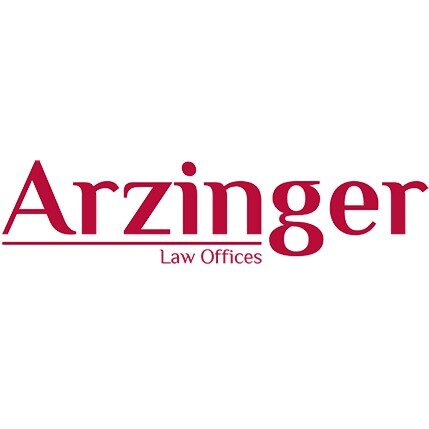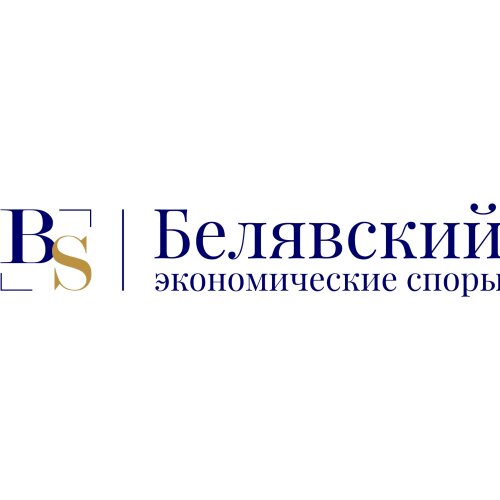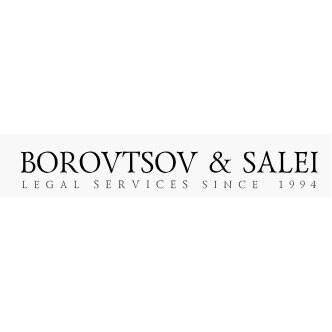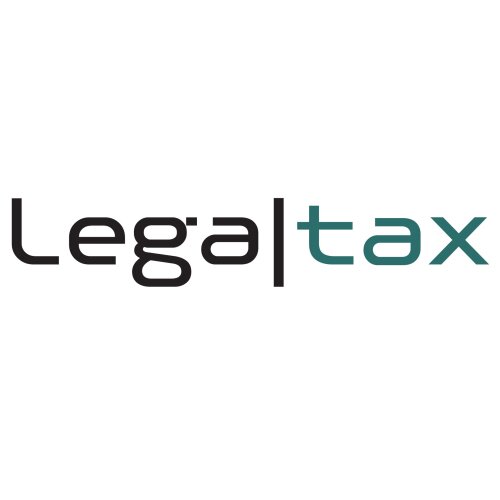Best Energy Regulatory Law Lawyers in Belarus
Share your needs with us, get contacted by law firms.
Free. Takes 2 min.
Or refine your search by selecting a city:
List of the best lawyers in Belarus
About Energy Regulatory Law in Belarus
Energy Regulatory Law in Belarus encompasses the legal framework guiding the generation, transmission, distribution, and consumption of energy resources within the country. This framework includes regulation of electricity, natural gas, heat, renewable energy sources, and oil products. The government plays a central role in overseeing the energy sector to ensure stability, accessibility, safety, and compliance with environmental standards. The legal environment is shaped by national legislation as well as international obligations stemming from Belarus’s participation in regional bodies and programs.
Why You May Need a Lawyer
Seeking help from a lawyer who specializes in Energy Regulatory Law can be vital in several scenarios. Individuals and businesses may require legal assistance when entering the energy market, obtaining licenses, negotiating energy supply contracts, handling tariff-setting disputes, resolving land use issues related to energy infrastructure, or meeting environmental and safety requirements. A lawyer’s guidance is also important when facing inspections, audits, or enforcement actions from authorities. Legal professionals can advise on compliance with evolving regulations, international agreements, and support negotiations with state-owned or private energy enterprises.
Local Laws Overview
The main legislative acts governing energy in Belarus include the Law on Energy, the Law on Electricity, the Law on Renewable Energy Sources, and various decrees and technical regulations issued by government agencies. The state is the primary regulator and often the owner of major energy infrastructure. The Ministry of Energy of the Republic of Belarus is responsible for oversight and policy formation. Key aspects of energy law involve licensing requirements for generation and distribution, tariff regulations set by the Ministry of Antimonopoly Regulation and Trade, and strict norms for the safe and environmentally responsible operation of energy facilities. There are also specific rules for land allocation, connection to the grid, and investment incentives, particularly in the area of renewable energy.
Frequently Asked Questions
What is the role of the state in the Belarusian energy sector?
The state maintains major ownership and regulatory oversight of the energy sector in Belarus. Government bodies issue licenses, set tariffs, and enforce compliance with safety and environmental rules.
Who regulates energy tariffs and prices?
Energy tariffs and prices are regulated primarily by the Ministry of Antimonopoly Regulation and Trade of the Republic of Belarus, which approves the rates for electricity, gas, and heating.
Can private entities participate in energy generation?
Private entities can participate in energy generation, particularly in renewable energy. However, they must obtain relevant permits and licenses, and compliance with strict regulatory requirements is necessary.
What are the main requirements for connecting to the national grid?
Entities must apply to the national grid operator, comply with technical standards, and sign connection agreements. There are procedures for both new connections and capacity increases.
How are energy supply contracts regulated?
Energy supply contracts are governed by civil law, special energy regulations, and standard contract templates approved by the authorities. Dispute resolution clauses and government-approved terms are common.
What are the rules regarding renewable energy projects?
The Law on Renewable Energy Sources sets out incentives, quota systems, and technical requirements for investment in wind, solar, biomass, and other renewables. Projects must register with authorities and comply with grid connection rules.
How is energy efficiency regulated?
There are state programs aimed at increasing energy efficiency, including requirements for industrial users and building standards. Compliance may be checked by government inspectors.
Are there environmental restrictions in the energy sector?
Yes, energy projects must adhere to environmental protection standards, including impact assessments, emissions limits, and waste management rules overseen by the Ministry of Natural Resources and Environmental Protection.
How are disputes in the energy sector resolved?
Most disputes are first addressed through negotiations or mediation. If unresolved, matters can proceed to the economic courts of Belarus or, if provided for in contracts, through arbitration.
What are the penalties for violating energy regulations?
Penalties can include administrative fines, suspension of operations, revocation of licenses, and in serious cases, criminal liability for managers or responsible staff.
Additional Resources
- Ministry of Energy of the Republic of Belarus: Provides regulatory updates, licensing information, and official communications.
- Ministry of Antimonopoly Regulation and Trade: Offers details on energy tariff-setting and market supervision.
- Ministry of Natural Resources and Environmental Protection: Source for environmental regulations in the energy sector.
- State Committee for Standardization: Issues technical regulations applicable to energy infrastructure.
- Belarus National Legal Internet Portal: Central repository for laws and regulations, including those related to energy.
- Association of Renewable Energy Producers: An industry group providing insights and support for renewable projects.
Next Steps
If you need legal support with an energy matter in Belarus, consider the following steps. Begin by defining the nature of your legal issue, whether it involves licensing, compliance, contracts, or disputes. Collect all relevant documentation, permits, and communications. Seek out a legal specialist with experience in Belarusian Energy Regulatory Law who understands the specific regulations and common practice in the sector. Arrange an initial consultation to discuss your case, ask about potential solutions, and clarify fee structures. Many legal professionals offer preliminary consultations to guide you on the best strategy for your situation. Staying informed and acting promptly can help protect your interests and ensure compliance with all applicable energy regulations.
Lawzana helps you find the best lawyers and law firms in Belarus through a curated and pre-screened list of qualified legal professionals. Our platform offers rankings and detailed profiles of attorneys and law firms, allowing you to compare based on practice areas, including Energy Regulatory Law, experience, and client feedback.
Each profile includes a description of the firm's areas of practice, client reviews, team members and partners, year of establishment, spoken languages, office locations, contact information, social media presence, and any published articles or resources. Most firms on our platform speak English and are experienced in both local and international legal matters.
Get a quote from top-rated law firms in Belarus — quickly, securely, and without unnecessary hassle.
Disclaimer:
The information provided on this page is for general informational purposes only and does not constitute legal advice. While we strive to ensure the accuracy and relevance of the content, legal information may change over time, and interpretations of the law can vary. You should always consult with a qualified legal professional for advice specific to your situation.
We disclaim all liability for actions taken or not taken based on the content of this page. If you believe any information is incorrect or outdated, please contact us, and we will review and update it where appropriate.
Browse energy regulatory law law firms by city in Belarus
Refine your search by selecting a city.















